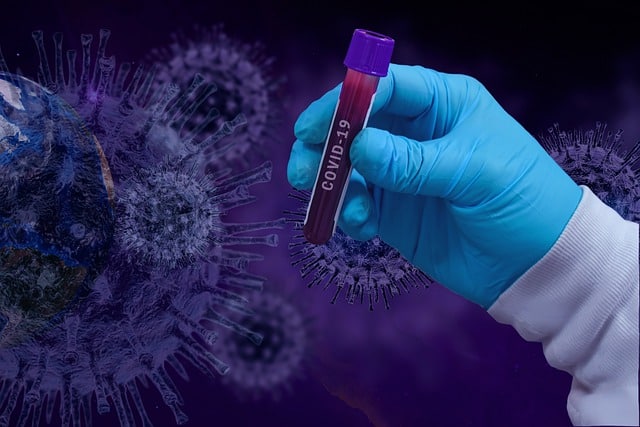Many thousands more Australians likely had the coronavirus than the official numbers show. But nobody knew about it as the cases were undetected.
Now a new test developed by researchers at the Australian National University (ANU) that detects previous infection in a person’s blood may help authorities get a better grasp of the illness and may also assist in determining determine whether herd immunity exists or not.
Eight out of every 3,000 unknowingly infected
Details released on Wednesday by ANU researchers indicate that eight out of every 3 000 ‘healthy’ Australians were likely infected but unaware of it.
The new test is said to be highly sensitive and measures the antibodies that appear in an individual’s blood when they have been infected with COVID-19.
It was first used during a study conducted at ANU between 2 June and 17 July. This was ahead of Melbourne’s outbreak and before testing had increased in response to the second wave.
11,000 cases detected were actually about 70,000
“We screened 3,000 blood samples provided by healthy people around Australia for antibodies to the novel coronavirus,” Associate Professor Ian Cockburn said. He co-led the research with Professor Elizabeth Gardiner.
No one in the study had been identified as Covid-19 positive before.
“Our best estimate is that around 0.28% of Australians – one in 350 – had been infected with SARS-CoV-2 (Covid-19) by that time. This suggests that instead of 11,000 cases we know about from nasal swab testing, about 70,000 people had been exposed overall,” said Cockburn.
New test looks for antibody signatures in blood
The researchers say that even with a conservative view of the results, the number translates to potentially around 30,000 people with the virus at that time.
The blood test looks for antibody signatures in blood to find evidence of previous COVID-19 infection.
“When you get infected your body mounts an immune response which largely consists of producing antibodies,” Cockburn explained.
Another weapon in the virus-prevention armoury
“Our test measures those antibodies showing who has previously been exposed to coronavirus.
Director of The John Curtin School of Medical Research, Professor Graham Mann said: “These highly sensitive ways of detecting antibodies are going to find many uses, especially in surveying for spread in the community, especially among people without symptoms.
“It is another weapon in our armoury to combat further waves of the virus.”












